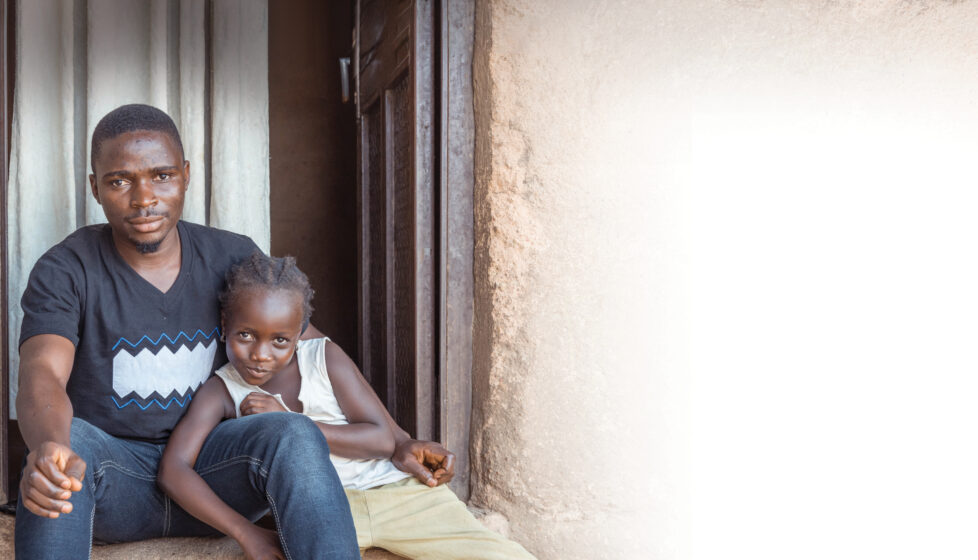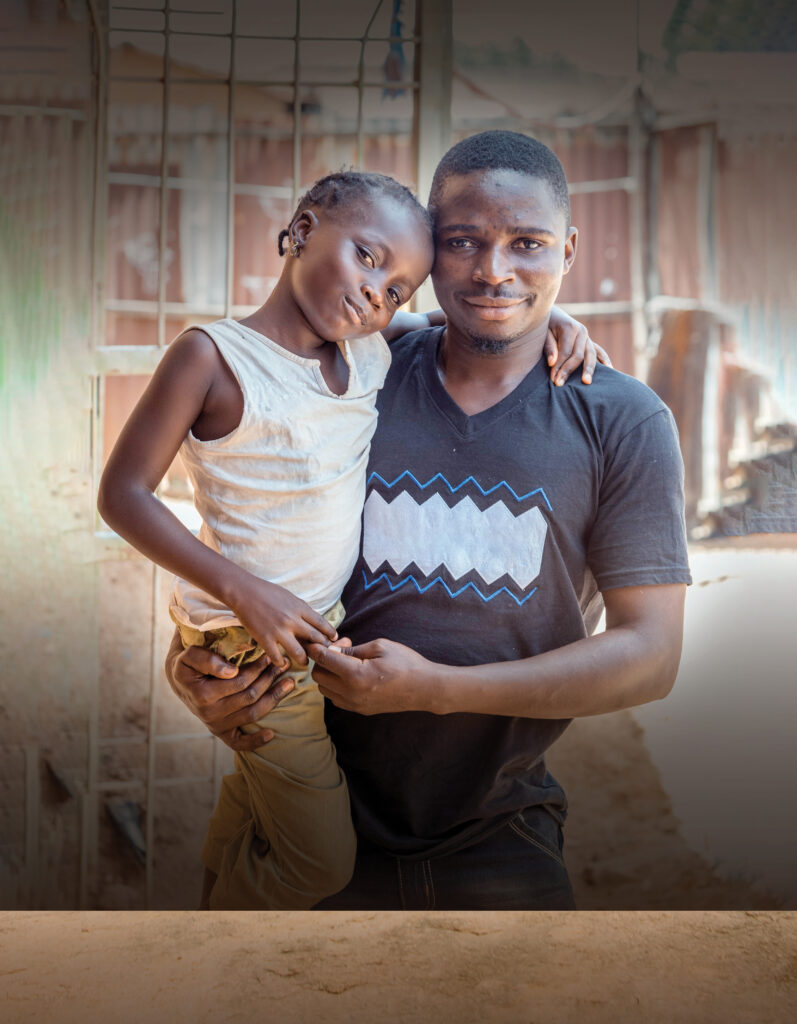Fulani Militants Murder Mother of 2 in Nigeria, Husband Survives
Nigeria

Weeks before his wife’s death, James had a casual discussion with her about whether either of them would remarry if the other died. James told her he wanted to die first so their two daughters would have a mother to care for them, and his wife, Mary, teased him by saying she would remarry. But then she grew more serious, telling him she had a sense that she would die first. James didn’t think much of the conversation until later, when Mary was killed in an attack on their Christian village in central Nigeria.
James was in the city donating blood at a hospital on the day of the attack. When he called home around noon, Mary told him not to come home because they had heard gunshots in a nearby community and she wanted him to avoid traveling through an area of conflict.

She was not yet aware that Fulani Islamic militants were attacking the entire region of Barkin Ladi, outside Jos. Beginning at 7 a.m. that Saturday, June 23, 2018, the heavily armed militants swept through the area, using plastic garden sprayers to spray gasoline on houses before setting them ablaze. Mary called James back a little later, crying and telling him the attackers had entered their village.
When the militants arrived, Mary gathered their 2-year-old daughter, Melody, in her arms and ran with their 6-year-old daughter, Marvelous, for the safety of the surrounding bush. But they immediately encountered militants. Marvelous was hit on the head and knocked unconscious, while Melody was shot in the stomach. The bullet passed through Melody’s body and lodged in her mother’s chest, killing Mary instantly. The girls lay near their mother’s body through the afternoon and evening until someone found them.
James heard nothing from or about his family until the next morning, when his sister called to tell him that Mary had been killed but their two daughters had survived. He had no time to mourn his wife, rushing to the hospital to be with Melody, who was being taken into surgery. He stayed in the hospital with her for two months while she underwent two surgeries to repair her intestines. And he missed his wife’s funeral, when the 86 people killed in the Barkin Ladi massacre received a hasty mass burial under the protection of Nigerian security forces.
James was filled with grief and questions: “If I’d known I would be a widower at age 29, would I even have gotten married? Why did the God we serve allow this to happen to us? Why me?”

While many women have lost husbands in the violence in northern Nigeria, it is less common for men to lose their wives. Islamic militants usually target men because they know men are often a family’s sole source of support. In this attack, however, James said he knows of five other men who lost their wives. One of the men lost 11 family members in one day. James is thankful he still has his daughters. His parents help care for the girls while he works.
James’s grief was compounded by losing his home. He and his family lived in a camp for internally displaced people for eight months, but they still could not return home. The neighboring Fulani, the same ones who had attacked the village, moved into the Christians’ homes and took their land.
James’s older daughter, Marvelous, later told him that the man who killed her mother used to visit their house and eat dinner with them. “He was one of the men who took mommy to see Jesus,” she said, naming the man. James also learned that the attackers had chanted “Jihad is compulsory!” and “We have killed the infidels!”
For many weeks, James seethed when he thought of the men who killed his wife. “I didn’t even want to see them,” he said. As a Christian, he knew about persecution, but he never thought it would happen to him.
He felt like his future had been stolen. James had recently graduated from college with a degree in environmental health, and he had just finished the two-year national service required of every college graduate. Their farm had supported the family, and he had considered going back to school for a master’s degree in public health. But now his farm was gone, his wife was gone and he had two young girls to support.
In January 2019, VOM began assisting James with rent, school fees, clothing and medical care. Though he earns an income as a tin miner, housing prices in the city have risen sharply because of the influx of Christians displaced by militant attacks. In addition to receiving financial help, he is also meeting with a specially trained front-line worker who functions somewhat like a social worker for the many persecuted believers VOM serves in Nigeria. The worker meets weekly with each persecuted believer to check in on his or her progress, which has been a great help in moving traumatized people out of shock and into a place of self-sufficiency.
After several months in the program, James’s outlook on life began to brighten. “I feel like I have people who care for me,” he said. Being reminded that he is supported by his Christian family has restored his faith in God, and he says it is even stronger than before. “God is good!” he told a front-line worker. “I feel I have a God, a living God who will never forsake me.”
He still finds it difficult to interact with the militant Fulani villagers who attacked his village and killed his wife, but he intentionally greeted them on a recent trip to check on his farmland. Forgiveness will take time.
James still wonders why the Lord chose to take his wife and not him, but he sees God providing for him as needs arise. “I feel loved,” he told a front-line worker.
He asked for prayer for himself and his two daughters, Marvelous and Melody, as well as for all Nigerian Christians who have lost family members, homes and land. “Pray that God will strengthen us and make us strong in our faith and provide for our desires,” he said, “because as it is now, it’s like we don’t have a heritage, we don’t have a land.”
James and our other Nigerian brothers and sisters who have been scarred by this violence may have lost their loved ones and land, but they have not been lost to the Lord. They are his portion and his inheritance, and not one will be snatched from his hand.


 Guide
Guide